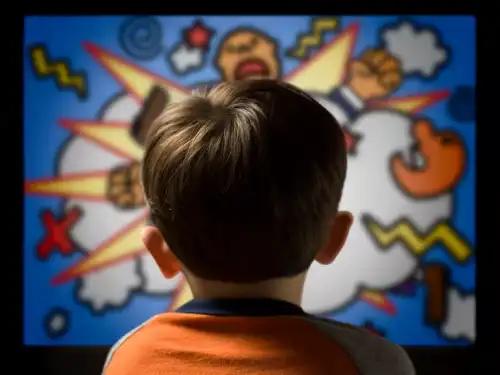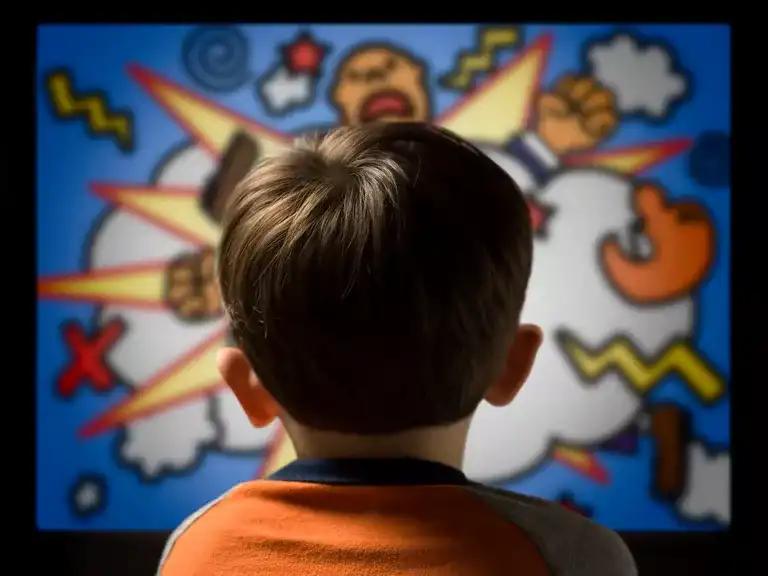Explore the World's Best Ideas
Join today and uncover 100+ curated journeys from 50+ topics. Unlock access to our mobile app with extensive features.
The cultivation theory
The cultivation theory suggests that repeated exposure to media will gradually shape the beliefs of the real world.
George Gerbner proposed the cultivation theory in 1969. He suggested that ongoing exposure to media instilled the belief that the messages spread by the media apply to the real world. He stated that media exposure shaped beliefs, values, and attitudes.
8
53 reads
The cultural indicators project
The cultivation theory was part of a broader "cultural indicators" project. The project showed three areas of analysis:
- Institutional process analysis - exploring how media messages are formulated and distributed.
- Message system analysis - examining what those messages conveyed as a whole.
- Cultivation analysis - investigating how media messages impact the way consumers of media messages perceive the real world. This analysis continues to be most widely researched.
8
26 reads
The impact of television
Gerbner focused his studies on the impact of television on viewers. He wanted to understand how the broad pattern of television messages impact public knowledge and shape collective perceptions.
Gerbner pointed out the following:
- Television was the leading storytelling medium in society.
- It was a resource for the most broadly shared information and concentrated into a consistent set of messages.
- As a mass medium, television restricts choice because it must appeal to large audiences.
8
18 reads
The "mean world syndrome"
Gerber and his colleagues suggested that regular television viewers believed that crime and victimisation were widespread and made people fearful of the world.
Research showed that infrequent television viewers were more trusting of the world and saw the world as less selfish and dangerous. This phenomenon is known as the "mean world syndrome."
8
18 reads
The Mainstream and resonance perspective
Mainstreaming is when frequent television viewers, who would otherwise have independent views, form a homogenous view of the world. In other words, when people with divergent ideas are exposed to the same television ideas, they will develop a shared, mainstream perspective.
Resonance is when a media message sounds true to a person because of a lived inexperience. For example, a television message about violence rings more true to a person who lives in a city with a high crime rate.
8
15 reads
Research and critique
Scholars have expanded cultivation research into other media such as video games and reality TV. Studies also included the impact of media on perceptions of family, sex roles, sexuality, ageing, mental health, science, minority groups, the environment, etc.
However, critics point out that cultivation treats media consumers as passive. By concentrating on the patterns of media messages, cultivation ignores the individual responses to those messages.
8
20 reads
IDEAS CURATED BY
Shannon Klein's ideas are part of this journey:
Learn more about scienceandnature with this collection
How to choose the right music for different tasks
The benefits of listening to music while working
How music affects productivity
Related collections
Similar ideas
4 ideas
8 ideas
The Impact of Social Media on Body Image, Eating, and Health
psychologytoday.com
3 ideas
How Status Quo Bias Affects Your Decisions
thoughtco.com
Read & Learn
20x Faster
without
deepstash
with
deepstash
with
deepstash
Personalized microlearning
—
100+ Learning Journeys
—
Access to 200,000+ ideas
—
Access to the mobile app
—
Unlimited idea saving
—
—
Unlimited history
—
—
Unlimited listening to ideas
—
—
Downloading & offline access
—
—
Supercharge your mind with one idea per day
Enter your email and spend 1 minute every day to learn something new.
I agree to receive email updates

